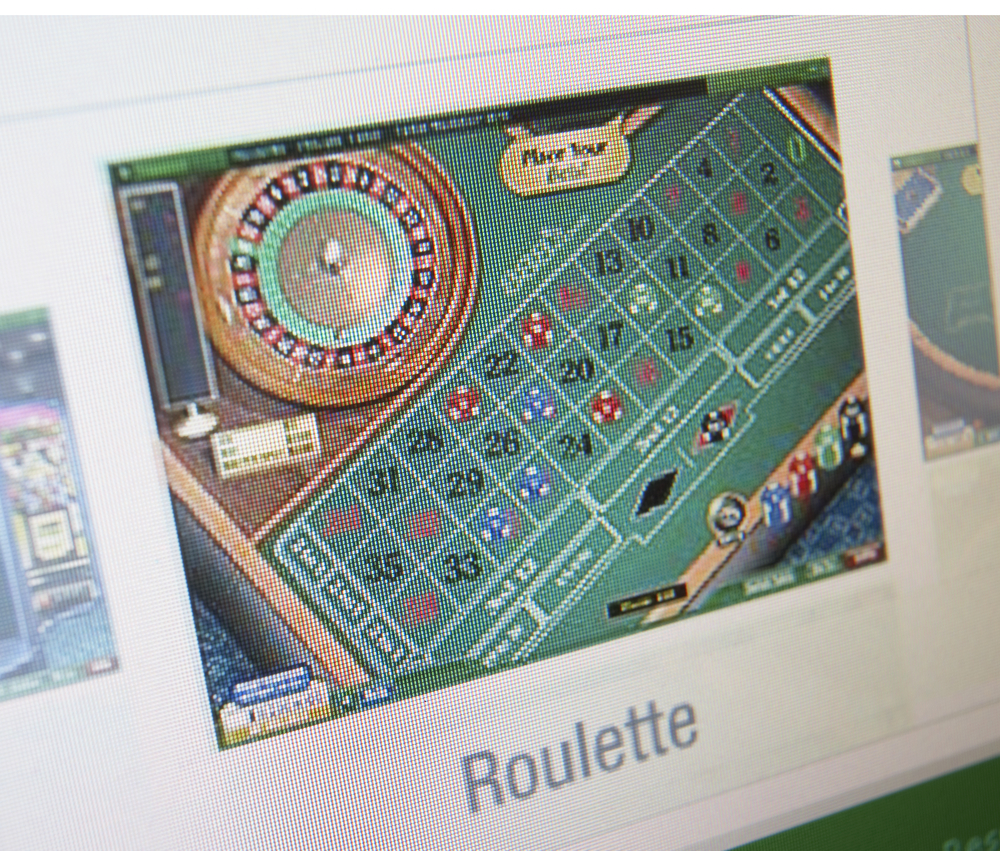
This realm of gambling gaming has experienced a remarkable transformation in past years, propelled by technological advancements and changing player preferences. Lịch thi đấu As more gamers shift to digital mediums for entertainment, conventional casino activities are being increasingly modified to satisfy the needs of a technology-oriented consumer base. This shift not just includes the shift from physical to digital spaces but also encompasses the evolution of gaming mechanics and user interaction techniques.
In this emerging digital age, video game creators are harnessing innovative techniques to create immersive environments that appeal with a varied spectrum of gamers. From web-based slot games with stunning graphics to dynamic table games that mimic the atmosphere of a live gambling hall, the modification process is changing how we view and enjoy gambling activities. As we explore this captivating process, it becomes clear that the prospect of gambling lies in the smooth integration of cutting-edge technology with the timeless allure of luck and strategy.
The Progression of Gambling Games
Casino games have undergone significant transformations throughout the years, reflecting changes in technology, culture, and player choices. In early eras, basic activities of chance were enjoyed using primitive materials such as rocks and bones. As societies progressed, so did the sophistication of these activities. Okwintv The emergence of playing cards in the medieval period marked a pivotal moment, leading to the development of popular games like Texas Hold’em and 21, which are continuously enjoyed today. Over the years, the design of casinos has also changed, transitioning from tiny local locations to large, ornate establishments.
The twentieth century brought about a revolution in the world of gambling entertainment with the advent of digital gaming. Fruit machines appeared as a favored draw, engaging players with their colorful lights and sounds. This era also saw the emergence of gambling hotels, which merged high-end accommodations with a wide variety of casino options. The launch of video games further broadened the field, allowing for more complex designs and gameplay mechanics. These innovations not only pulled in a wider audience but also altered the way gambling entertainment were experienced.
With the rise of the internet in the late 90s and beginning 2000s, casino entertainment moved into a new online phase. Online casinos emerged, providing players with the ease of gaming from their homes. This shift required gaming designers to rethink traditional designs and adapt them for an interactive digital environment. Currently, advancements in technology, including smartphone gaming and virtual reality, continue to shape the evolution of gambling games, creating immersive experiences that engage players like not before.
Main Highlights of Virtual Casino Experiences
Virtual gambling experiences have changed the way gamers engage with casino gaming by delivering engaging experiences that echo the excitement of traditional casinos. One of the most notable features is the integration of top-notch graphics and animations, creating a visually stunning appealing environment. Designers focus on delivering realistic themes and compelling storylines that entice players into the game, improving their overall experience. The ability to offer 3D visuals and stunning sound effects means that players can experience a vibrant atmosphere comparable to what they would encounter on a casino floor.
Another essential aspect of virtual casino experiences is the accessibility they offer to users around the world. Digital platforms enable individuals to play their most-loved games from the comfort of their own homes or on the go through portable devices. This comfort is accompanied by a diverse selection of gaming alternatives, including slots, tabletop games, and live gaming experiences. Players no longer need to commute to a casino to enjoy their beloved betting experiences, allowing a wider audience to engage with gambling experiences.
Lastly, online casino games frequently integrate innovative features such as engaging gameplay and social interactions. Many games now allow players to go head-to-head against one another, join tournaments, or even post their achievements on social media. This transformation encourages a sense of community among players while fostering friendly competition. Additionally, features like customizable avatars and in-game chat options improve player interaction, making the digital gaming experience even more engaging for all users.
The Outlook of Online Gaming
As technology makes progress, the landscape of online gaming is poised for significant evolution. Virtual and enhanced reality are making waves, offering players an realistic simulation that mirrors the atmosphere of being in a real-life casino. These advancements create opportunities for developers to introduce new game formats and engagement tools, reshaping how players engage with their preferred casino games.
Additionally, the integration of artificial intelligence is improving user experiences and personalizing gameplay. AI can analyze player behavior, recommend tailored game options, and improve customer support through automated assistants. This customization not only maintains players interested but also helps build a committed community around certain casino platforms, positioning them for success in a competitive market.
Ultimately, the rise of mobile gaming is another key factor shaping the future of online gaming. With an ever-increasing number of players playing casino games on their mobile devices, developers are concentrating on optimizing their platforms for smartphone compatibility. This shift allows players to experience casino games anywhere, paving the way for a more dynamic and approachable gaming environment that caters to a broader audience.